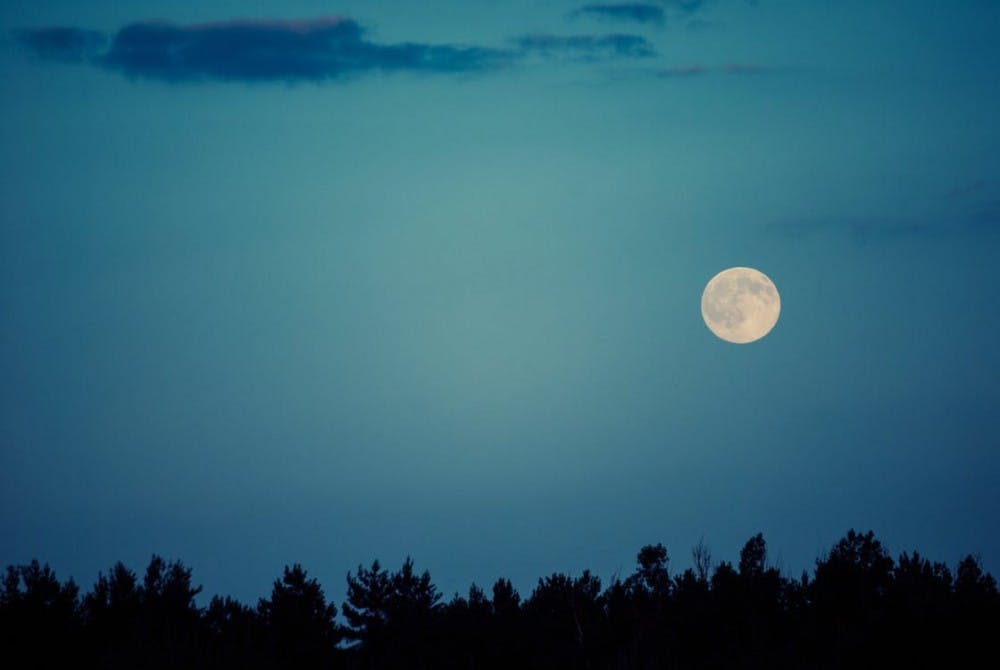From werewolves, to crime and chaos, to the triggering of childbirth, there are many superstitions about the power of a full moon. While most of these superstitions can easily be dismissed as mere folklore, one superstition has held strong. Namely, popular belief has it that full moons can cause earthquakes.
Yet a recent study has led scientists to believe that this, too, is mere fantasy. According to research done by the Seismological Research Letters, there is no reason to believe in an association between the two phenomena.
There have been several recent major earthquakes that have taken place during a full moon, including the 2004 9.1 quake in Sumatra, which triggered a tsunami that killed about 230,000 people in 14 different countries, the 2010 quake in Chile that resulted in over 500 deaths and the 2011 9.1 quake in Japan that led to over 15,000 deaths.
Apparently motivated by these quakes, Susan Hough of the United States Geological Survey tested whether this moon-earthquake connection is correlative or merely coincidental. She researched over 200 earthquakes with magnitudes over 8.0 from the 1600s onward, and she compared them with the lunar calendar. Her experiment found that, historically, earthquakes have not been more likely to happen during a full moon.
However, some scientific reasoning stands behind the theory that full moons are correlated with major earthquakes. During a full moon, the earth, moon and sun are perfectly aligned, making the gravitational tug on the earth stronger then it typically would be. At this point, more stress is placed on the earth’s tectonic plates.
It is logical to believe that this larger tug could provoke tremors. Yet the increase in tug is typically not strong enough to make any difference.
Research suggests that the probability that a major earthquake would happen during a full moon is not significantly greater than the probability that it would happen on any other day.
Thus, according to Hough, lunar forces most likely have an impact on earthquakes, but the impact is too small for researchers to use. She says that a full moon would be a poor predictor of future earthquakes.
“It makes sense that tidal forces might in some cases be the proverbial straw that breaks the camel’s back,” Hough said, according to the Smithsonian. “But the studies note that the modulation is small, such that the effect is of no practical use for prediction.”
However, other researchers still do not believe that this study is enough to completely squash the myth of a correlation between the two events.
A research scientist at the Geological Survey of Canada, Honn Kao, does not believe this study provides enough evidence to disprove the theory of correlation between the two events. According to Kao, the problem is that the data set that Hough used in her study was too small.In order for her research to be accurate, she would need to include earthquakes with a magnitude lower than 8.0 as well, according to Kao. In short, the debate is far from settled.

















